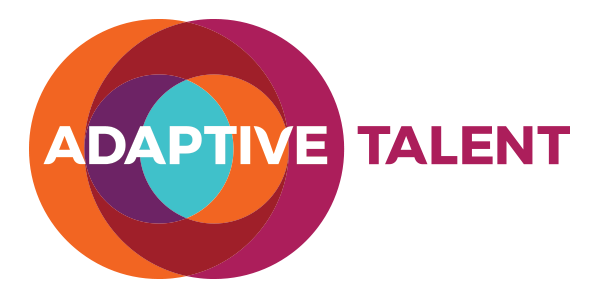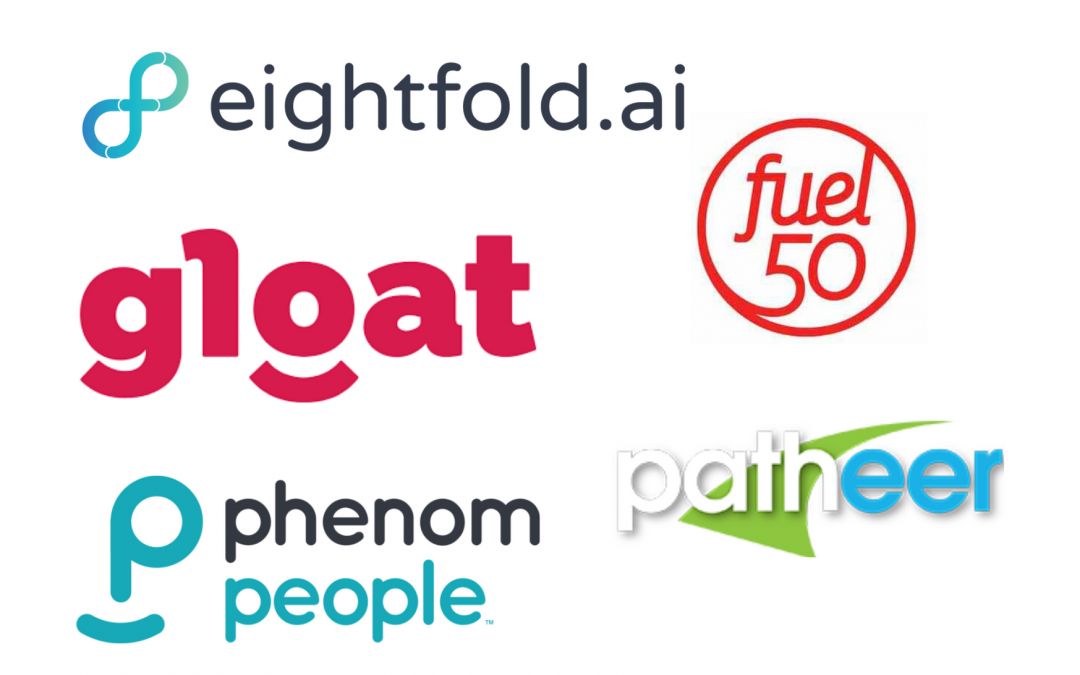A talent marketplace is a new tool / platform that puts the power of agency directly in employees’ hands by leveraging AI to highlight jobs, projects, and learning opportunities across the enterprise that they can apply for without any input from a manager. Just as a consumer on AirBnB “drives” her choices of where to stay, this puts the power of choice directly in the hands of the employee with the explicit goal of retaining people longer. Unlike just an internal job board, this tool is much more interesting because the AI leverages employee-generated skill profiles to recommend skill-based matches for how the employee wants to grow. It does not replace your applicant tracking system, learning management system, or other talent tools but it becomes the go-to center for growth that then leverages those tools and processes for highly efficient access to growth opportunities.
Gloat.com is the tool I am most familiar and found this video interview with Josh Bersin and three Gloat customers helpful in addressing the nuts and bolts of such an approach. Liberating employees from bad or mediocre managers has been a challenge for any People organization for a very long time. Traditional processes like succession planning, job rotations, or project assignments require lots of people and work and can be slow, confusing, and limited to a narrow subset of the population. They tend to rely on the traditional job families and hierarchies that struggle to remain relevant in a dynamic world. In 2004 we tried to do something innovative so we held internal job fairs at Electronic Arts Canada as a way of helping employees forge new connections and break out of their teams (people tended to stick with a manager / game title). It took a lot of work, our tools didn’t talk to each other, and frankly it was a bit overwhelming and so-so successful. I would have LOVED to have a tool like this.
A true talent marketplace turns those traditional approaches on their head and creates fantastic talent recruiting opportunities for savvy managers who can create rich roles, projects, and mentorship opportunities. For example, let’s say Leena is a Director of Procurement and is trying to modernize their processes to boost profitability and satisfaction. She’s relatively new to the company and doesn’t have a huge network, but does sense that it would be highly beneficial to tap into employees from other parts of the company to help with this project. Previously she would have had to secure approval from her manager, then network to find interested participants, and then negotiate with their manager to secure approval for participation on the project all while running her team and meeting deliverables. It’s slow and often the other manager can be a gatekeeper. Perhaps that other manager says “no” and the employee gets demotivated and feels it’ll be easier to get new experiences outside of the company, so begins looking and ends up leaving. This deprives Leena of an experienced and motivated project participant, negatively impacts the company’s reputation whenever the employee shares her experience, it puts the other manager at a disadvantage because he’s lost institutional knowledge, and his other team members will have to pick-up the slack while he recruits and onboards a new employee. It becomes even more painful if the employee is a women or underrepresented group.
By design, this approach rewards strong managers and punishes / highlights weak managers. If a manager is smart, she’ll offer mentorship and project opportunities to boost her internal brand and network, and tap into the wisdom of people from across the company. Interested in analytics but tired of HR analytics? No worries, the AI can recommend a way to leverage those skills in a new context that can expose you to new challenges and parts of the business you’d likely not experience, and help you build your business acumen and network. I bet before long we’ll see employee satisfaction ratings for people managers exposed in the tool (Tom has a 4.5 rating out of 5.0) to further facilitate informed choice and manager accountability. As we figure out the hybrid approach to work a talent marketplace can also identify roles and projects that are remote-first, or even a series of projects that might be “plenty” for a person at a particular point in their career.
For managers, this may mean a boost in turnover and more hiring and onboarding, especially if people leave before you think you’ve “recouped” your onboarding efforts. Younger people are more comfortable moving roles more frequently but at least with an internal talent marketplace you and your employee can find fantastic mentorship and/or project opportunities elsewhere that may allow you to retain your employee longer, or perhaps you even have a time-share with another manager. The genius of this approach is that it puts the power into the hands of managers or project leaders to create interesting opportunities that get them great, motivated talent. Yes, your team may look much different than the past, and your managerial habits may change, but it allows you and your employees to adapt to the market’s needs more quickly, I think, than traditional talent management approaches. It also requires a thorough reassessment and redesign of other HR processes and programs to ensure alignment and efficiency,. Anyway, I find this very interesting and would love to hear from others as they experiment with these platforms.

